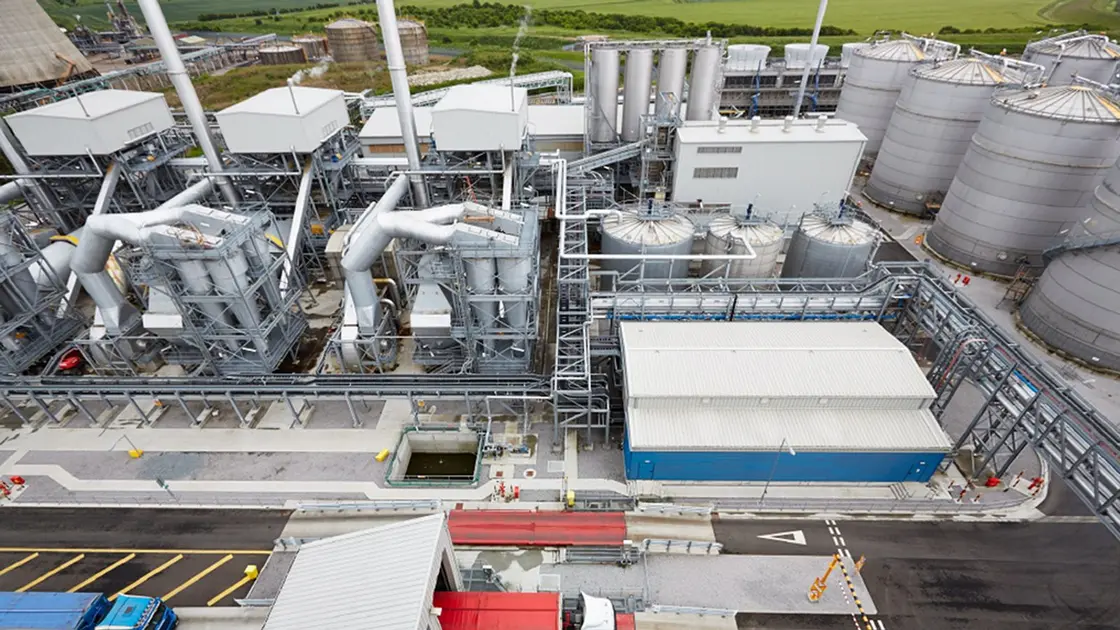T4K3.news
Bioethanol plant closure in Hull
UK government declines bailout as a US trade deal lowers tariffs on ethanol, triggering Vivergo shutdown and job losses.

The UK’s decision not to bail out a major bioethanol plant follows a US trade agreement, triggering job losses and questions about national strategy.
Bioethanol plants close as UK US trade deal undercuts industry
Vivergo Fuels, the country’s largest bioethanol producer, will begin dismantling its plant near Hull after the government refused a bailout. About 170 direct jobs and thousands in the supply chain could disappear as the 370-acre site starts to shut down, a move that underlines the sharp tension between market forces and regional employment. Bioethanol is a key ingredient in the E10 fuel used across Britain, so the closure also raises concerns about fuel supply chains and farmer incomes in the region.
The government says the trade deal with the United States, which removes tariffs on 1.4 billion litres of ethanol annually, will protect broader jobs in sectors like cars and steel. Industry figures contest those assurances, arguing the loss of Vivergo hits a strategic asset and puts the farming community and hauliers at risk. A second plant in Teesside, Ensus, faces its own pressures, though insiders say its situation differs because it also supplies carbon dioxide for other industries. The debate over numbers and mitigation efforts has dominated discussions in Parliament and in the local press.
Key Takeaways
"We have fought from day one to support our workers and we are truly sorry that this is not the outcome any of us wanted"
Ben Hackett, managing director of Vivergo
"There’s direct jobs that will be lost — and those have been at the forefront of ministers’ minds — but in terms of the supply chain, our analysis does not match what Vivergo has said"
government source
"We will be writing off all of that, it will be gone, and it will not be built again"
ABF chief executive Paul Kenward before MPs
"It will weaken resilience and force the UK to rely even more on imports at the very time we need secure homegrown supply chains"
Tim Doggett, Chemical Business Association
The episode exposes a broader policy dilemma: how to safeguard local industry while engaging with a global market. When tariff relief is granted to foreign producers, some regions bear the cost at once, even as others benefit from cheaper inputs and wider export opportunities. Regions like Hull risk a hollowed-out economy if a single plant drives thousands of downstream jobs. The government’s stance hinges on a balancing act between taxpayer value and industrial resilience, but critics fear the balance tilted too far toward immediate budget considerations at the expense of strategic assets.
Going forward, policymakers face a choice between short-term stabilizers and long-term strategy. Possible paths include targeted support to keep critical plants running, clearer demand incentives for biofuels, or a broader industrial plan that links agriculture, energy, and manufacturing. Without a coherent plan, communities relying on bioethanol could see more shocks when global markets tilt.
Highlights
- Hull loses a pillar of its economy
- Tariffs fell and the industry paid the price
- Policy choices now shape regional resilience
- Investors are watching what happens next in UK energy supply chains
Political and budget risk in bioethanol policy
The decision not to bailout Vivergo amid tariff changes exposes tensions between budget limits and industrial strategy. The fallout could trigger backlash from workers, farmers, and investors and heighten political criticism of the government.
Policy choices now determine whether Britain builds a more resilient regional economy or bets on import dependence.
Enjoyed this? Let your friends know!
Related News
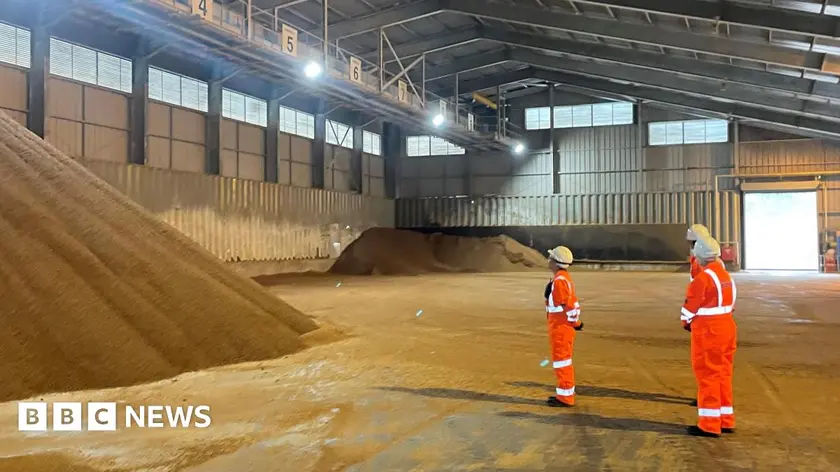
UK bioethanol plants shut down
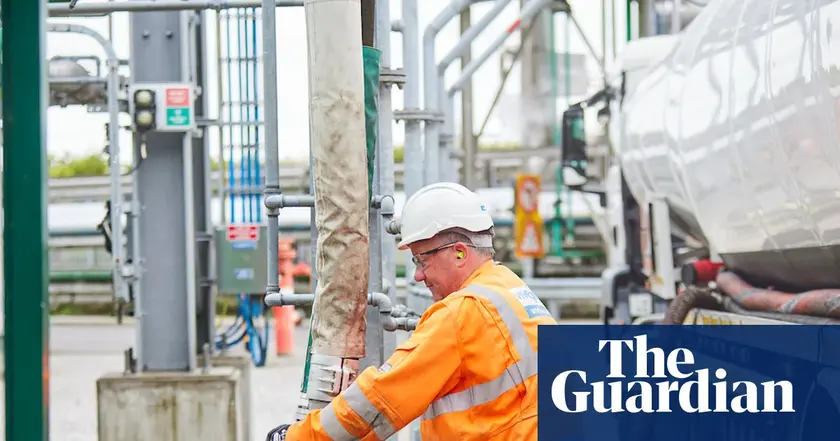
Vivergo closure signals shift in UK clean fuel policy
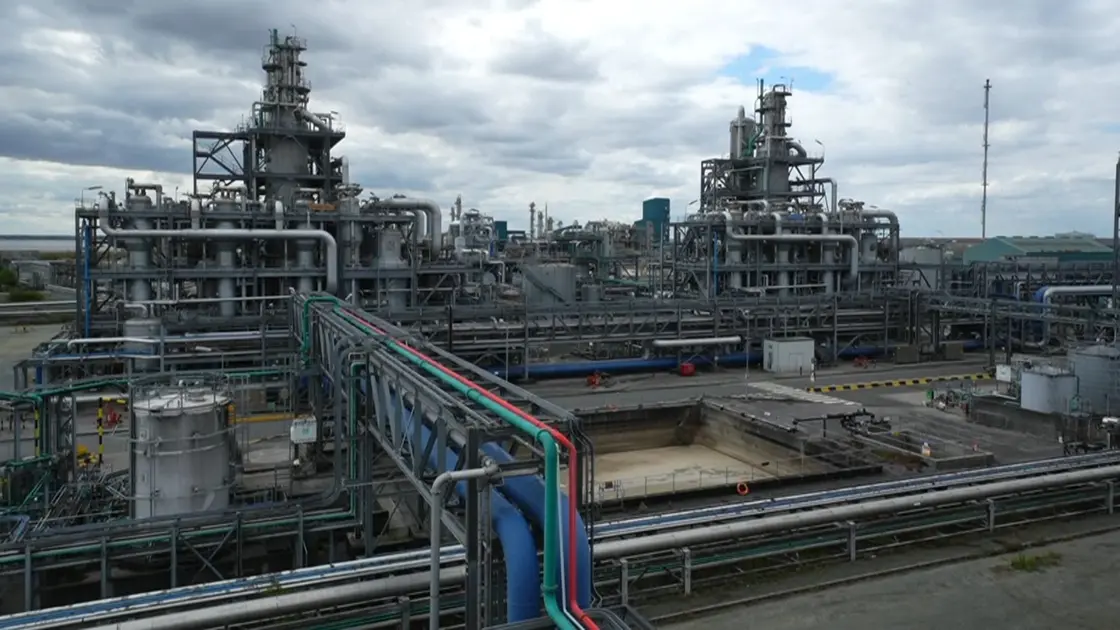
Hull bioethanol plant at risk
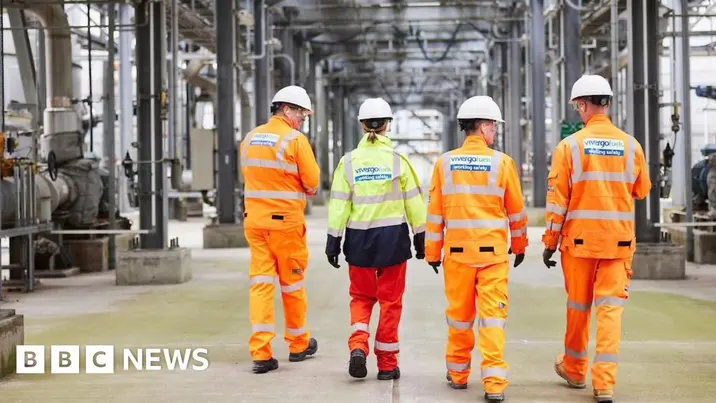
Bioethanol plants face closure
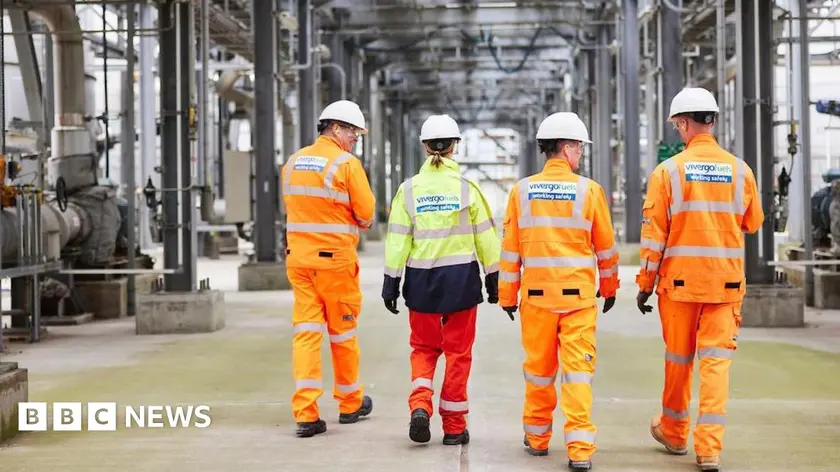
UK bioethanol plants face collapse
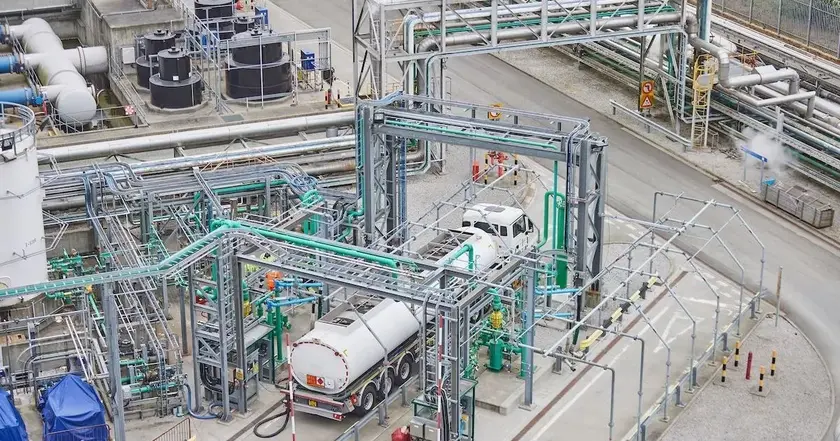
No rescue for Vivergo Fuels
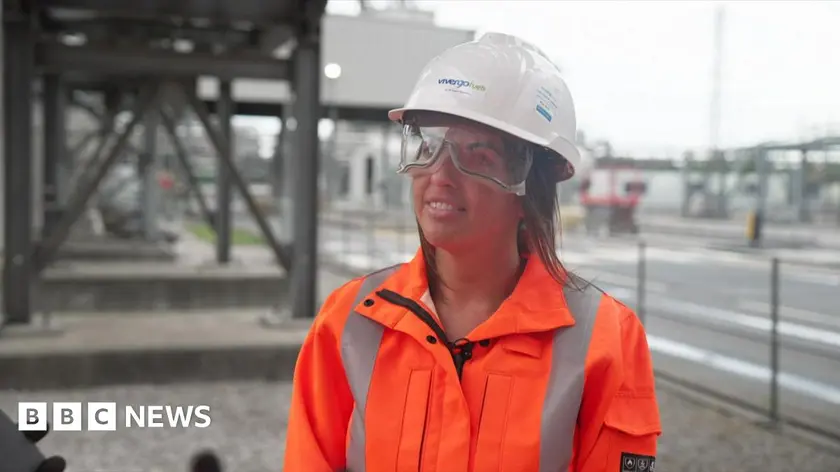
Vivergo Fuels plant goes into crisis mode after final wheat delivery
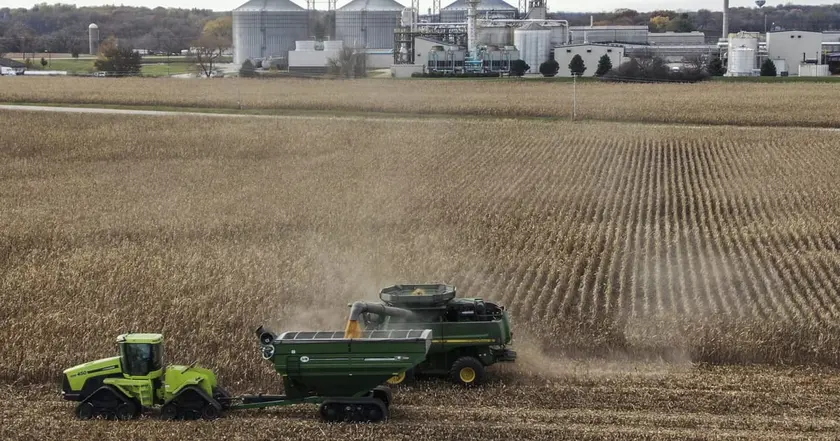
Vivergo Fuels at risk of closure due to trade deal
